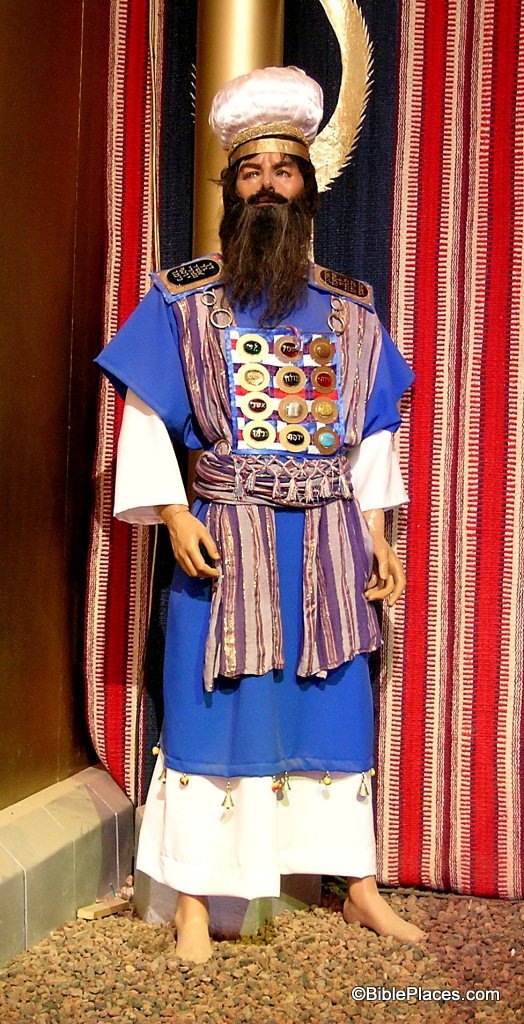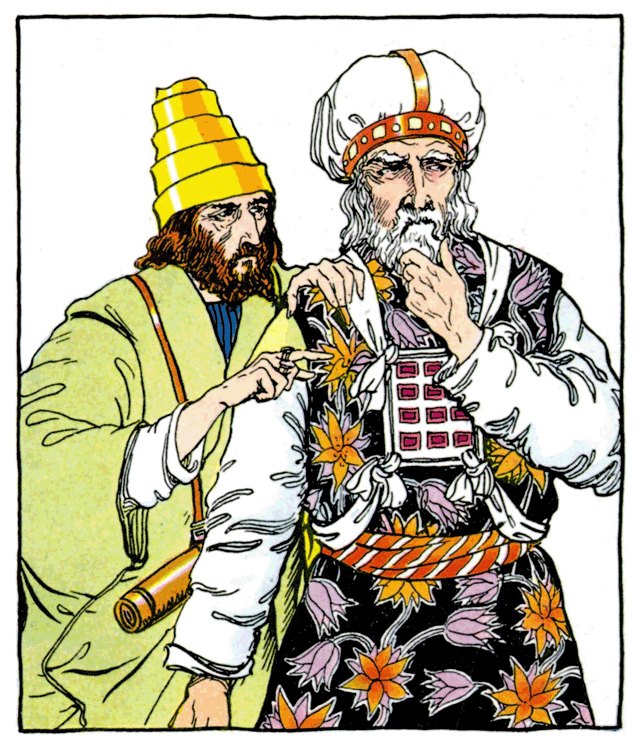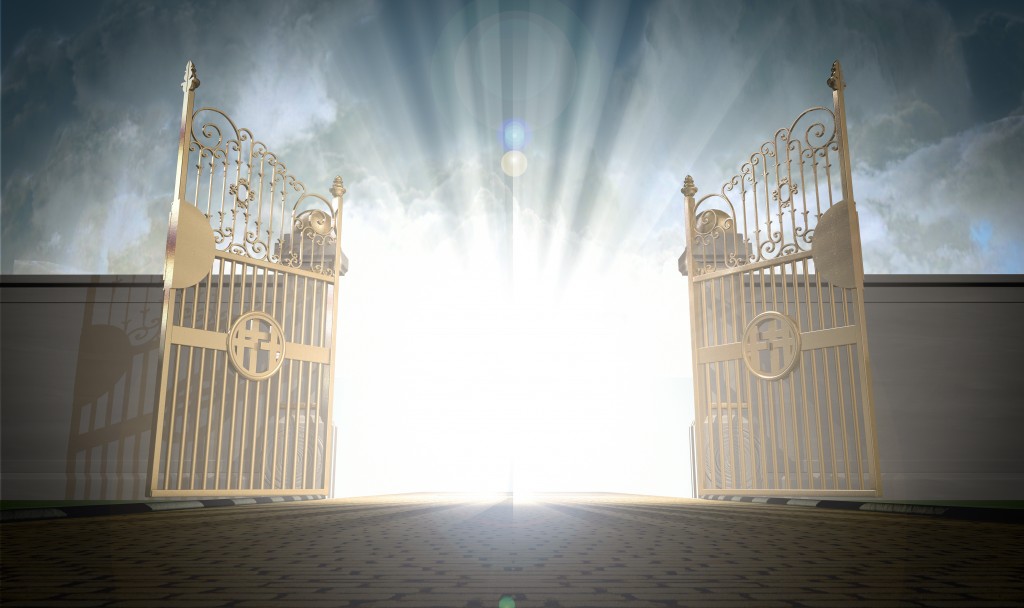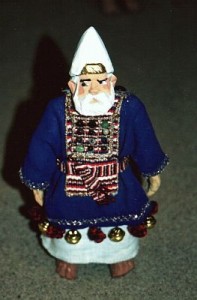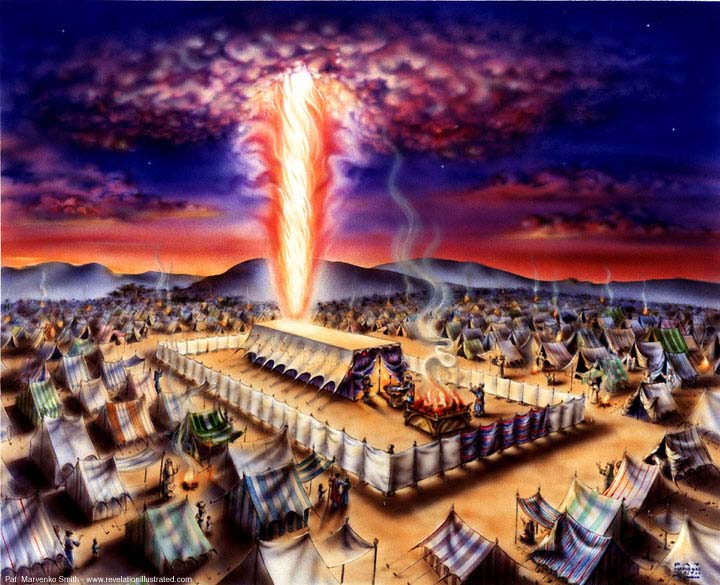
Leviticus 16:1–31 Explained
How do humans come into the presence of YHVH Elohim? There is one proper way to do so, and many improper ways. The Torah’s discussion pertaining to the rituals associated with the Day of Atonement (Yom Kippur) reveal to us what the proper protocol is and also alludes to the fact that there is an improper way to approach the Almighty Creator as well—something which brings disastrous results. We see an example of this in the case of Nadab and Abihu.
Now YHVH spoke to Moses after the death of the two sons of Aaron, when they offered profane fire before YHVH, and died… (Lev 16:1)
Elohim killed Nadab and Abihu because they came into the holy of holies in the Tabernacle of Moses (a representation of Elohim’s heavenly throne room) in a careless and indifferent manner. Not only does the Torah indicate that they intoxicated with alcohol, but they failed to follow the proper ceremonial protocols outlined by YHVH Elohim to come into his presence. The next few verses lay out what those protocols are to come before the King of the universe. To not follow those protocols brings the death penalty on the person. Such a person is entering illegally as an unauthorized trespasser.
Before exploring how to enter the presence of Elohim properly, let’s bring this abstract concept down to a level we can understand. For example, who hasn’t seen signs on private property that say something like this: “Private Property, No Trespassing,” “Government Property, No Trespassing,” “Unauthorized Entrance Prohibited,” “Violators Will Be Prosecuted to the Full Extent of the Law,” or “Violators Will Be Shot”? What happens to an uninvited intruder who climbs over the fence around the White House or over the walls of Buckingham Palace? Likely, they will be arrested if not shot on the spot. Similarly, there are penalties for coming into the throne room of the Almighty YHVH Elohim illegally.
…and YHVH said to Moses: “Tell Aaron your brother not to come at just any time into the Holy Place inside the veil, before the mercy seat which is on the ark, lest he die; for I will appear in the cloud above the mercy seat. (Lev 16:2)
YHVH Elohim does not allow humans to casually saunter into his presence anytime and in any manner they want. Though Elohim is our loving Heavenly Father, he is holy (set-apart) and is the Creator of the Universe who is to be feared and respected (Heb 12:28), and he is a consuming fire (Heb 12:29). He has the power of life and death; he gives life and can take it away (Matt 10:28). Humans (especially Christians) would do well to know their place before the Almighty, to treat him with the respect he is due and to follow his instructions in all areas of their relationship with him. Indeed, YHVH wants humans to come before him, but in the proper way.
It is utter foolishness and hubris on the part of humans to ignore the clear commands and instructions of Elohim. Nadab and Abihu found out the hard way; their folly cost them their lives. There are no theologies regardless of the respectability or age of the religious institution or denomination or the erudition of the biblical scholars that invented them that can circumvent the clear instructions of YHVH Elohim. Phrases one often hears mainstream church leaders quote with regard to the laws of the Almighty such as “It has been done away with,” “It has been nailed to the cross,” “We’re under grace now, not under the law,” “That was for the Jews,” “Jesus fulfilled that for me, so I’m not required to do that” and so on will not pass muster with Elohim. He makes the rules, his rules do not change, and humans would do well to remember that. For those who take the commands of Elohim casually more as suggestions, remember Nadab and Abihu! “That was under the old covenant, we’re under the dispensation of grace now,” one might say in objection. My reply? Well, then consider the case of Ananias and Sapphira in the book of Acts whom Elohim struck down for lying to the apostles and the Set-Apart Spirit (Acts 5:1–11)!
So what is the first rule of protocol for coming into the presence of YHVH Elohim?
Thus Aaron shall come into the Holy Place: with the blood of a young bull as a sin offering, and of a ram as a burnt offering. (Lev 16:3)
Without humans acknowledging that they are sinners, they cannot come into the presence of Elohim. What’s more, they must bring the proper sin offering—a perfect bull or ram. Only by the shedding of blood can man’s sins be atoned for. Leviticus 17:11 says, “For the life of the flesh is in the blood, and I have given it to you upon the altar to make atonement for your souls; for it is the blood that makes atonement for the soul.” Until a person’s sins have been atoned for through the shedding of blood, one is not allowed into the presence of Elohim. Period! There are no religious rituals of man, no mantras, no amount of prayers, begging or pleading, no ascetic exercises, no formulas, no incantations, no drug induced altered states of consciousness, no conjured spells, no abracadabra mumbo jumbo words, no wishful thinking, no amount of good thoughts, no self-made or designer spiritual paths or anything else that can bring us into the presence of the Almighty. There is only one way to the Father in heaven and that is through the blood of Yeshua the Messiah, the Lamb of Elohim, who paid the price for each person’s sins (Acts 4:12; Matt 1:21; Mark 16:15–16; John 3:36; 14:6; 1 Tim 2:5–6; 1 John 5:11–12). The sacrificed animals in this chapter are prophetic foreshadows pointing to Yeshua’s death on the cross as a payment for each person’s sin penalty. As no one could come into the Tabernacle of Moses except by following the proper protocols involving sacrifices and the cleansing rituals associated therewith, even so, no one is allowed into the presence of Elohim except through the sacrifice of Yeshua the Messiah.
Continue reading

